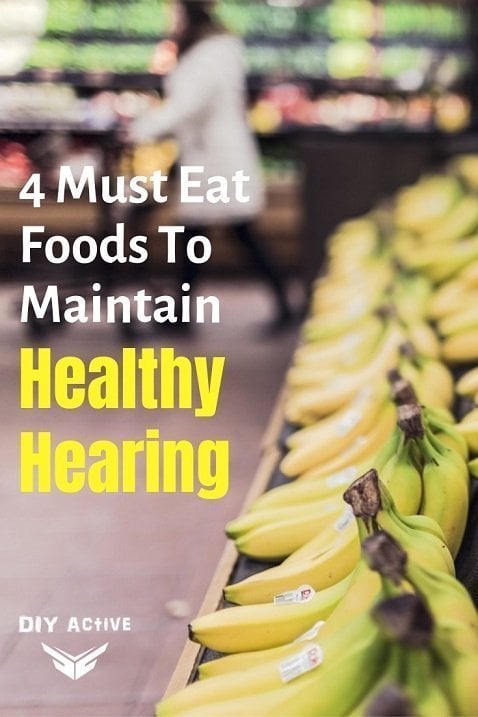Tips to Maintain Healthy Hearing
Understanding the important role that healthy and well-balanced nutrition plays in one’s overall wellbeing should help an individual make informed choices as to what to eat. The sense of hearing plays a major role in how humans perceive their surroundings, especially in the area of communication. Thus, the ear, the organ responsible for coordinating this important human activity, requires the utmost care.
Foods that help you maintain healthy hearing
However, in cases of partial hearing loss, which impairs effective communication, eating these foods coupled with using hearing aids dramatically improves individuals’ quality of life.
The goal in healthy eating is selecting foods containing nutrients, and vitamins needed for wellbeing, below are four (4) of the best foods to maintain healthy ears and hearing.
1. Dark Chocolate (Zinc)
Hey! Isn’t there a lot of sugar in chocolate? Yes, but the one advised in this article is the dark chocolate, not the sugary crap.
Dark chocolate made from the seeds of the cocoa tree contains many nutrients and antioxidants needed to promote healthy wellbeing.
Zinc, one of the minerals known to boost the immune system, improves cell growth. It also aids in the rapid healing of wounds. Zinc can be found in dark chocolate. This strengthening of the immune system protects the ears from infection.

2. Bananas (Potassium)
As we grow older and bodily changes take place, the inner ears’ fluid levels drop, which causes hearing loss. Potassium helps maintain the optimum fluid levels, thereby ensuring continued optimal ear functioning. Also, the recommended daily potassium intake for adults is 4,700 milligrams per day.
Bananas possess a high amount of potassium as one medium-sized banana contains 422 milligrams of potassium. Hence, it helps in this regard by providing the body with this essential nutrient.
The year-round availability of bananas makes them an excellent fruit to be consumed to promote the ears’ wellbeing. There is a variety of ways it can be consumed to meet the daily dietary intake.
The pulp can be consumed directly. It can be sliced and mixed with morning cereals or making smoothies from them. Bananas are fun to eat!
3. Broccoli (Magnesium, Vitamin K, Vitamin C, and Fibers)
Pretreating individuals with magnesium (along with Vitamins A, C, and E) ensures that they do not suffer hearing loss occasioned by exposure to high noise levels.
The scientists believed this to be factual due to magnesium combating the effects of free radicals emitted during loud noises by serving as a protective barrier for the inner ears’ delicate hair cells.
Although the younger ones tend to view these greens with abject disgust, efforts should be made to incorporate them into meals either steamed or raw. They are important pieces in our diets!
4. Fish (Omega 3 and Vitamin D)
Omega 3 is a highly important fatty acid needed by human beings for proper bodily functions. Since the body cannot directly synthesize this fatty acid, consuming them from dietary sources remains the best source of intake.
The best dietary source for the intake of Omega 3 remains from fishes like sardines, tuna, and trout. They contain a high amount needed for the daily dietary intake.
Apart from its known advantages in helping in the anti-inflammatory and anti-aging process, recent studies have correlated the importance of Omega 3 in reducing hearing loss due to aging by 40 percent.
Incorporating hearing aids alongside will go a long way towards improving the quality of hearing of these patients.
Wrap-Up
Another mineral constituent found in fishes that helps maintain healthy hearing is Vitamin D, which helps prevent osteopenia and osteosclerosis caused by weakness in the middle bones in the ear.
Vitamin D helps by strengthening them and prevents the onset of these diseases that causes severe hearing loss.